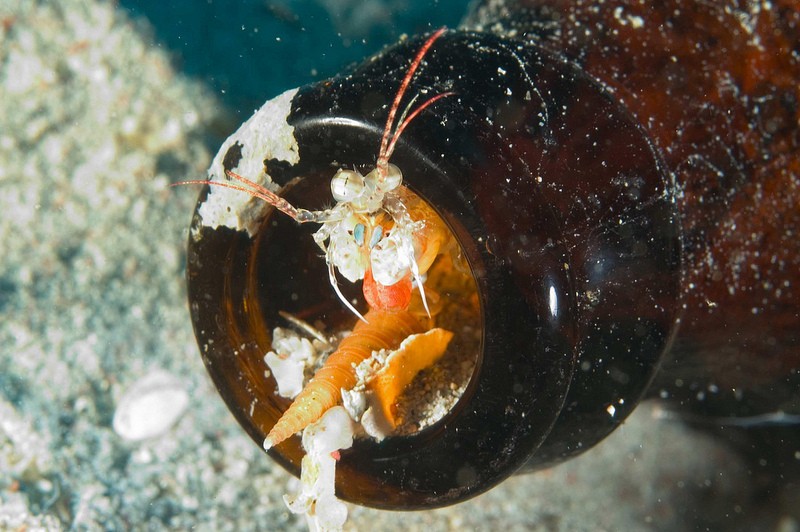EU Takes Lead to Tackle Marine Litter

Are the planet’s oceans doomed to become its waste bin? Marine litter – plastics, wood, metal, rubber, paper and other debris – from human activity continues to invade and pollute oceans and seas, posing a serious threat to the coastal and marine environment worldwide. To tackle this problem, the European Commission is launching an international consultation on potential actions and strategies, based on a working paper, published on 16 November. The aim is to determine with all stakeholders, from Europe and elsewhere, the best plan of action to combat marine litter.
The consultation will culminate in an international conference, in April 2013 in Berlin, on ‘Prevention and management of marine litter in European waters’. Germany’s Environment Minister Peter Altmaier and Environment Commissioner Janez Potocnik will take part in the event that will focus on regional action plans in Europe’s seas, with the aim of developing the practical tools needed to implement concrete actions.
“At the Rio +20 Earth summit, world leaders committed to achieving a significant reduction in marine litter by 2025. The European Commission intends to be at the forefront of this effort, working closely with member states, regional sea conventions and stakeholders to identify and develop concerted initiatives to tackle the problem,” commented Potocnik. He places the initiative in an international context.
The problem was identified at international level in 1995 and was already mentioned in the ‘Washington declaration’ as a priority of the global action programme for protection of the marine environment, then adopted in 2004 as a priority by the United Nations Environment Programme (UNEP).
The Rio+20 earth summit, in June 2012, also set 2025 as a target date for reducing marine litter. The Commission’s working paper is meant to draw attention and create awareness of the problem in the public opinion and among policy makers. It presents an overview of relevant EU legislation, policies and strategies and details existing and future initiatives.
Plastics account for up to 80% of marine litter (generally described as ‘plastic soup’) and come from a range of sources. This material tends to persist in the environment for a very long time or to degrade into micro-plastics, which constitute a threat to marine animals (which swallow it, choke on it and/or are poisoned by these materials and their components). Potential effects are cumulative for marine flora and fauna and the entire food chain, and ultimately for human health.
According to the Commission, policies on water, resource efficiency, waste and protection of nature and the marine environment, as well as legislation on ship-generated waste and port infrastructures all have a role to play in tackling this problem. Most are adequate overall but they need to be better implemented and coordinated. Basically, at EU level, this concerns the strategy for resource efficiency and waste prevention, waste management directives (framework directive, directives on packaging and packaging waste, landfill and treatment of urban waste water), directives on ship-source pollution and port waste reception facilities, and the strategy and framework directive on protection of the marine environment.
The Commission urges member states to cooperate more closely with each other and with neighbouring countries, particularly in the framework of regional maritime agreements.
Plastics account for up to 80% of marine litter (generally described as ‘plastic soup’) and come from a range of sources.



